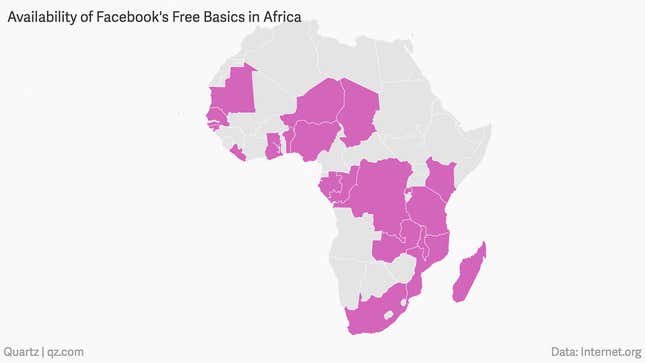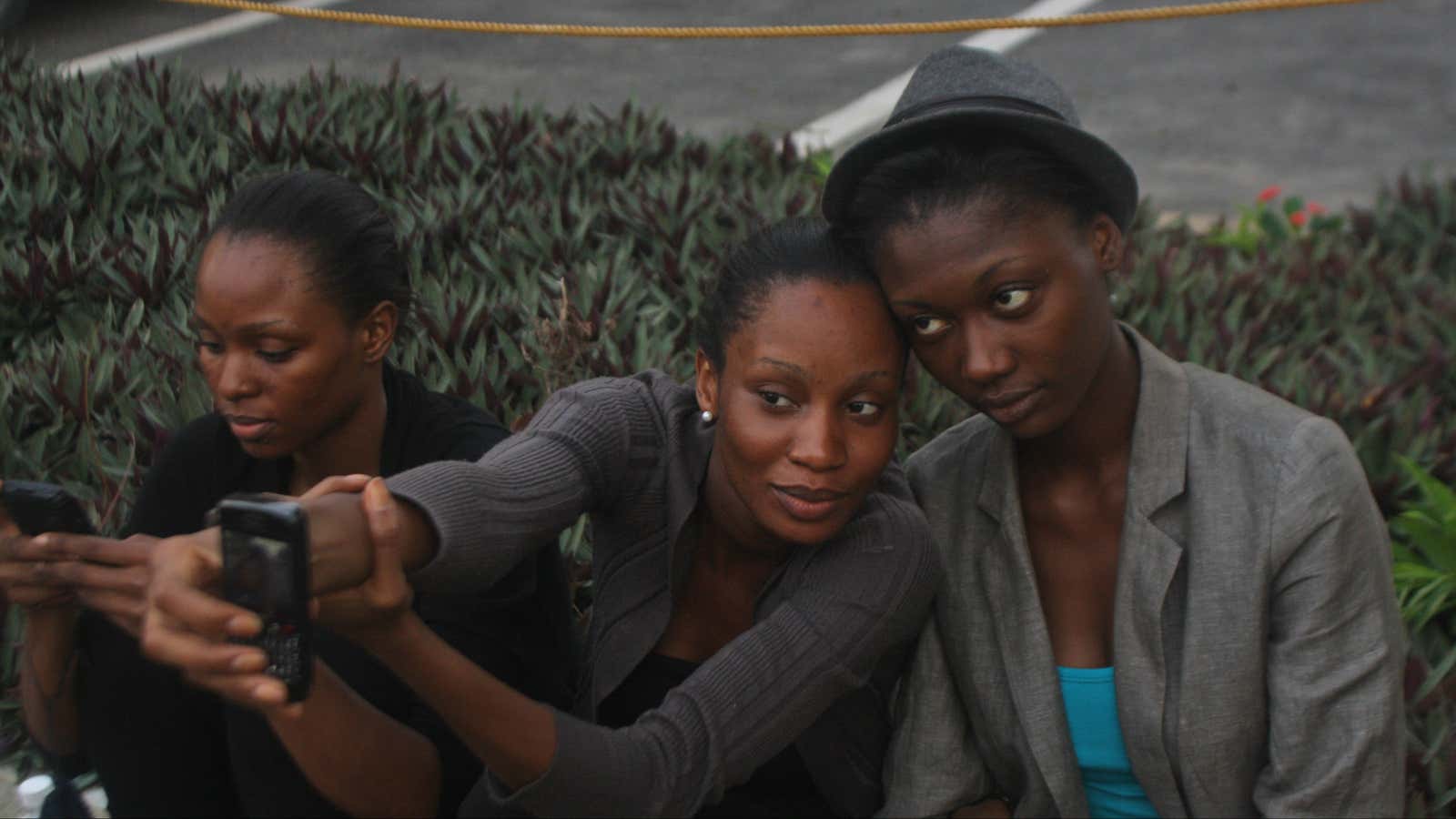Facebook’s mission to bring internet access, as well as its platform, to millions of Africans is taking a new approach. This week the social media company said it will lay almost 500 miles of fiber cable in Uganda before the end of the year and partner with local telecoms to provide internet access, according to Recode.
The Uganda plans are part of a wider push by Facebook to help accelerate the growth in Africa’s internet users which would ultimately also help Facebook’s own user growth.
Africa, home to a young, fast-growing population of mobile-first users, is a natural target, of Facebook’s Free Basics campaign, an initiative to bring internet access to emerging countries by offering free access to a pared down version of the internet. So far, 25 million people around the world are now connected to the internet through the service, according to Facebook.
Facebook has been adding to its advertising teams in Nigeria and Kenya after setting up shop in South Africa in 2015. Mark Zuckerberg paid surprise visits to Nigeria and Kenya last year. The continent now has Free Basics in 24 countries, including Nigeria Facebook’s biggest African market.

Uganda, while much smaller, is a good test case for the kinds of challenges Facebook faces in Africa. Internet penetration is about 30%, in line with average internet usage across the continent. Internet usage is held back by lack of infrastructure, especially in rural areas, the high costs of data, and low purchasing power for average citizens. To deal with the lack of infrastructure, Facebook has tested solar-powered drones and satellites to “beam down connectivity“ in rural areas.
Facebook isn’t the first to focus on fiber cable. Liquid Telecom, a British company has built the continent’s largest and fastest independent cross-border fibre network, spanning 15 nations with more than 40,000km of cable across sub-Saharan Africa.
Uganda is also an example of the risks of offering a controlled version of the internet in Africa where governments routinely cut off internet access to stifle dissent. In Uganda, networks were shut down social media twice in the span of three months last year over worries of protests against the questionable reelection of president Yoweri Museveni, in power for more than 30 years.
